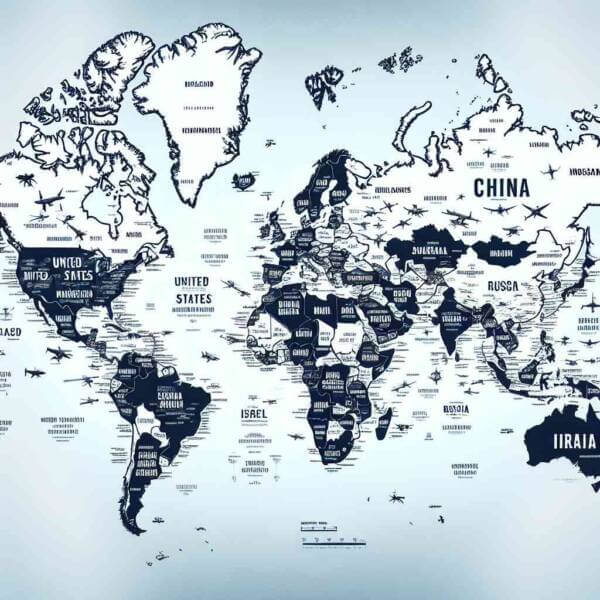
The use of aircraft in military operations offers superior capabilities.
Nations invest heavily in military aviation to maintain superiority.
The Evolution of Military Aviation
Military aviation started during the dawn of aerial warfare, with aircraft initially used for spying on enemy movements.
Important events in the evolution of military aviation:
- Development of air combat tactics
- World War II advancements
- The Cold War era
- Modern drone warfare
Each era brought new technologies that pushed the limits.
Types of Military Aircraft
Understanding the types of military aircraft helps in appreciating the complexity of modern air forces.
Common categories of military aircraft are:
- Fighter jets
- Bombers
- Logistical support aircraft
- Eyes in the sky for modern armies
Each type plays a key part in military operations, from striking enemy targets.
Why Control of the Skies Matters
Air superiority is crucial for achieving military success.
Strategic advantages of air dominance:
- Reducing enemy effectiveness
- Targeting infrastructure and logistics
- Gathering critical intelligence
- Psychological impact on enemy forces
Nations with strong military aviation capabilities can defend their interests more effectively.
Advancements Shaping the Future
Constant research and development open new possibilities for future warfare.
Cutting-edge developments:
- Stealth technology
- Ultra-fast strike capabilities
- Unmanned aircraft operating independently
- Directed energy weapons
These advancements expand mission possibilities for air forces worldwide.
Challenges in Military Aviation
From high costs to geopolitical tensions, the road to air dominance is filled with hurdles.
Key challenges include:
- Expensive research and operations
- Rapid technological changes
- Protecting systems from hacking and sabotage
- Ethical concerns with autonomous weapons
Addressing these challenges is crucial to staying ahead.
Future of Military Aviation
The future of military aviation promises radical innovations.
Future trends may include:
- Autonomous mission planning
- Space as the next battlefield
- Developing sustainable aviation technology
- Collaborations across allied air forces
The next era of military aviation will revolutionize how wars are fought.
The Enduring Power of Military Air Forces
Military aviation remains a decisive factor in global defense.
As technology continues to evolve, visit this website the skies will remain a frontline of innovation where military aviation protects nations.
The future of military aviation is full of potential — and it’s only just beginning.